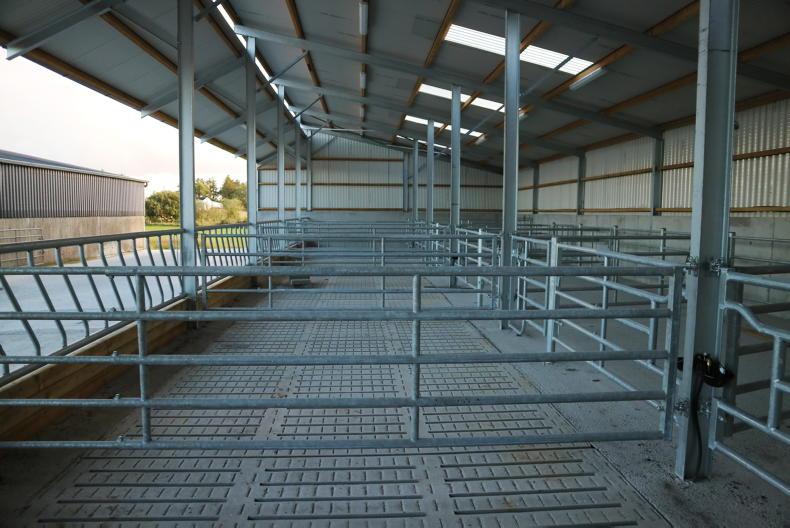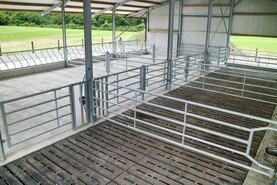There was some good news on the Targeted Agricultural Modernisation Scheme (TAMS II) front this week, with Minister for Agriculture Charlie McConalogue announcing that all qualified applications received under tranche 23 of the TAMS will receive approval.
This is the third consecutive tranche where 100% of eligible applications have been approved following increased funds being made available for tranche 21 to clear a significant backlog in applications.
The Department of Agriculture also confirmed this week that tranche 25 will open for applications on 15 January and close on 8 April 2022.
It is expected that further tranches will be introduced in 2022, but this has not been confirmed and the Department has recently been working on only announcing the next subsequent tranche.
Payments update
Weekly pay runs remain in operation under TAMS II and the minister reported that higher payments amounting to €1.8m were paid to applicants in the last week.
This brings the total payments in respect of TAMS II investments made to-date in 2021 to €61m
The average payment is in the region of €1.3m per week, with the total funding paid to-date amounting to €326m across 24,141 applications for completed investments since the opening of TAMS II.
Minister McConalogue said: “This brings the total payments in respect of TAMS II investments made to-date in 2021 to €61m. Our priority now is to continue to issue payments to applicants who have completed their approved works and these payments will continue to issue on an ongoing basis.”
Payment claims
Farmers who have completed approved works and have payment claims outstanding are encouraged to submit them via the agfood.ie facility as soon as work is finished and relevant documentation is available.
This figure of 45,500 approvals includes applications that may have lapsed due to farmers opting not to progress with or failing to submit a payment claim
“With over 45,500 approvals issued since its launch, there are a considerable amount of outstanding approvals out there with farmers. I would urge them to conclude their approved investment and submit their payment claim as soon as possible to facilitate the prompt issuing of payments.”
This figure of 45,500 approvals includes applications that may have lapsed due to farmers opting not to progress with or failing to submit a payment claim within the allotted timeframe.
The Department is also advising farmers to be cognisant of these dates, with an ongoing facility available for farmers who are facing delays in getting building works completed or equipment purchased due to COVID-19.
Time extension
Applications to extend the timeframe to complete an investment and submit a payment claim will be dealt with on a case-by-case basis. An extension will only be granted where works are underway in the case of investments involving building works or where a deposit has been paid in the case of delays in receiving equipment.
Farmers will typically be required to furnish copies of invoices to prove that materials have been purchased or a deposit has been paid and can also be required to submit photos of construction works under way.
Applications for an extension should also be carried out at an appropriate time, using the TAMS II online computer system.
It is important to note that a payment application should, in no circumstances, be submitted where the works have not been completed or the equipment has not yet been received
The advice is to make an application between the eighth and eleventh months of the approval to give sufficient time for the Department to process the request. Extensions will be awarded for a six-month period. Any extension also needs to satisfy planning permission timelines.
It is important to note that a payment application should, in no circumstances, be submitted where the works have not been completed or the equipment has not yet been received.
The Department explains that inspections are ongoing and where it has been identified that a payment submission has been made but the investment has not been completed, then there is a risk of the investment being cancelled or heavy fines being imposed.






 This is a subscriber-only article
This is a subscriber-only article











SHARING OPTIONS: